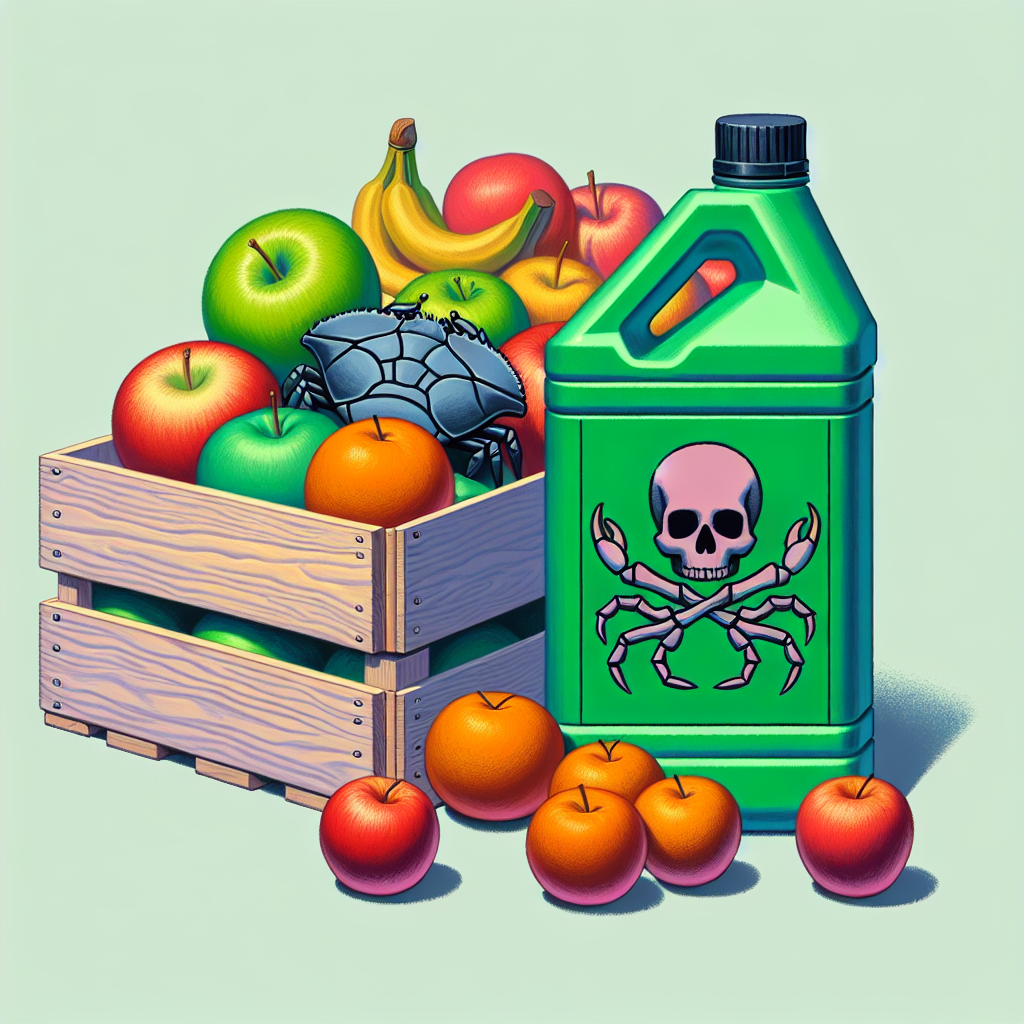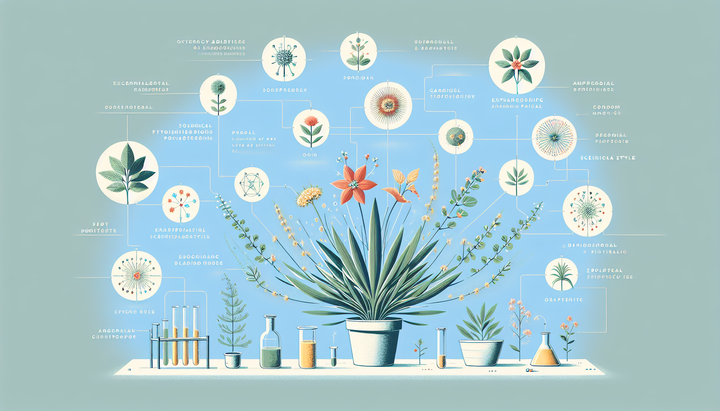Study Reveals High Levels of Cancer-Linked Pesticides in Imported Food

The Alarming Presence of Toxic Pesticides in Imported Produce
In a groundbreaking study that could have significant implications for public health, researchers have uncovered shocking levels of cancer-linked pesticides in imported food. This revelation raises concerns about the safety of our global food supply, with certain fruits showing especially high levels of contamination.
Understanding the Scope of the Study
The research focused on analyzing various fruits and vegetables imported from different parts of the world. Scientists tested thousands of samples, examining the types and concentrations of pesticides present. They discovered that many of the pesticides found are associated with a higher risk of cancer, causing significant anxiety among both experts and consumers.
One of the most alarming findings was the detection of these hazardous chemicals in commonly consumed fruits. Apples, for example, topped the list, exhibiting the highest levels of pesticide residues. This has sparked a debate about the regulations governing imported produce and the transparency of such findings to the public.
Public Health Implications
The presence of carcinogenic pesticides in our food supply has raised immediate public health concerns. Experts warn that the continuous consumption of contaminated produce could potentially contribute to an increased risk of cancer among the population. This emphasizes the urgent need for stricter regulatory oversight and international cooperation to ensure food safety standards are met.
Calls for Stricter Regulations
The study's outcomes have prompted calls from health officials and advocacy groups for stricter government regulations on pesticide use in agriculture. They advocate for increased monitoring and rigorous testing of imported foods to ensure they meet safe consumption standards. There is also an essential push for clearer labeling, allowing consumers to make informed choices regarding their food sources.
Despite these findings, some industry stakeholders argue that the levels of pesticides detected are within acceptable limits, as defined by international safety standards. However, as public awareness grows, the demand for organic and safer food alternatives is expected to rise significantly.
Conclusion: Our Role as Consumers
As consumers, it is crucial to remain informed about the pesticides present in food products. Opting for organic produce and supporting local farmers who adhere to safe agricultural practices can help minimize exposure to harmful chemicals. Additionally, raising awareness about this issue can pressure stakeholders to prioritize food safety regulations globally.
This study serves as a pivotal reminder of the interconnectedness between global trade and public health. It underscores the importance of ongoing research and vigilance to safeguard our food systems, ensuring that the food we consume remains free from harmful substances.



Comments ()